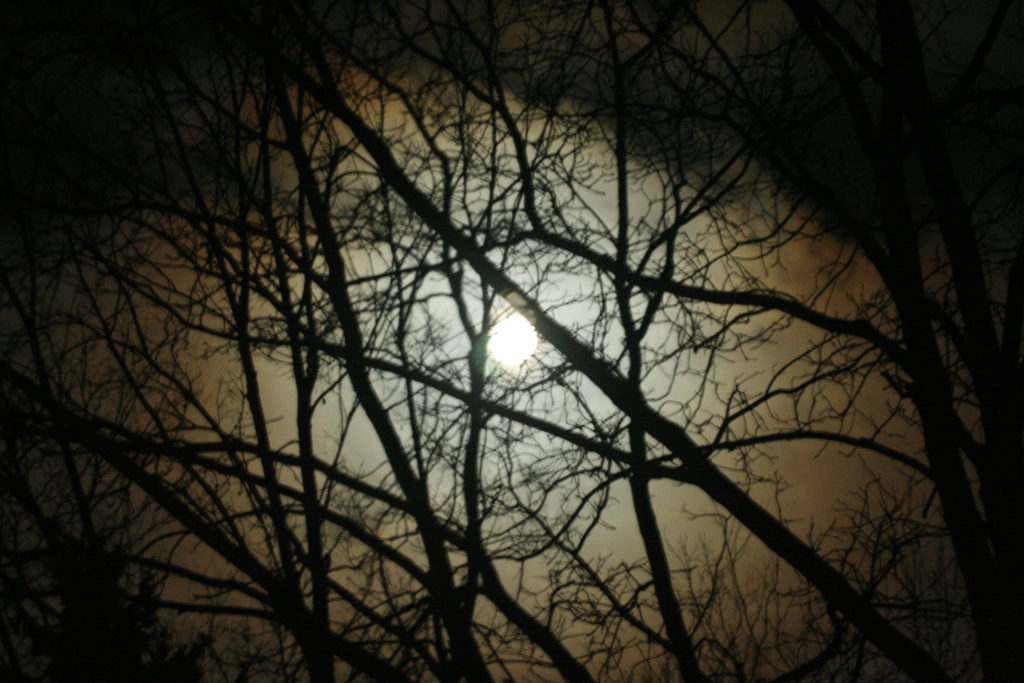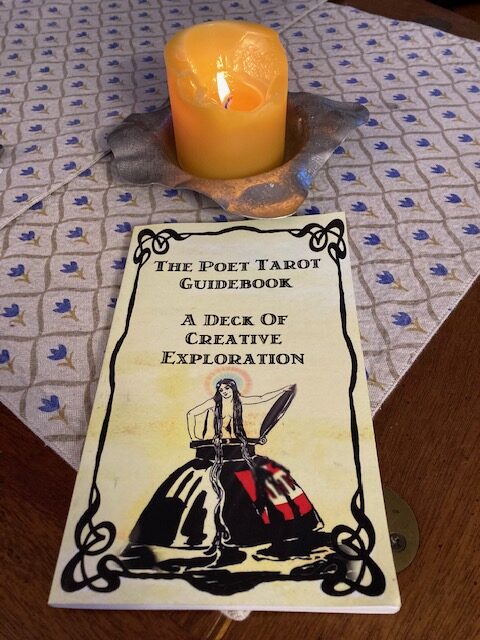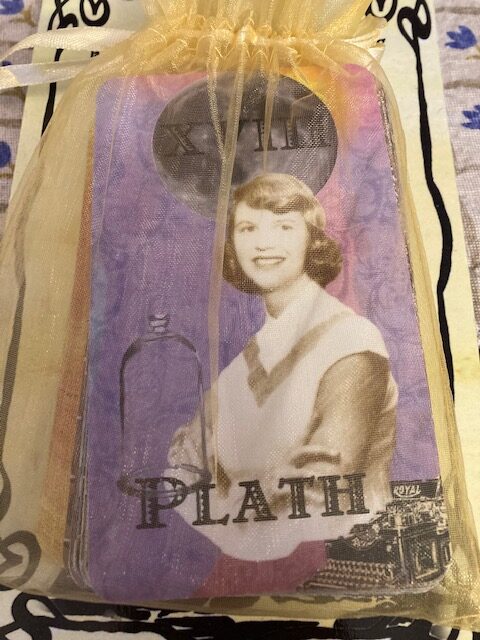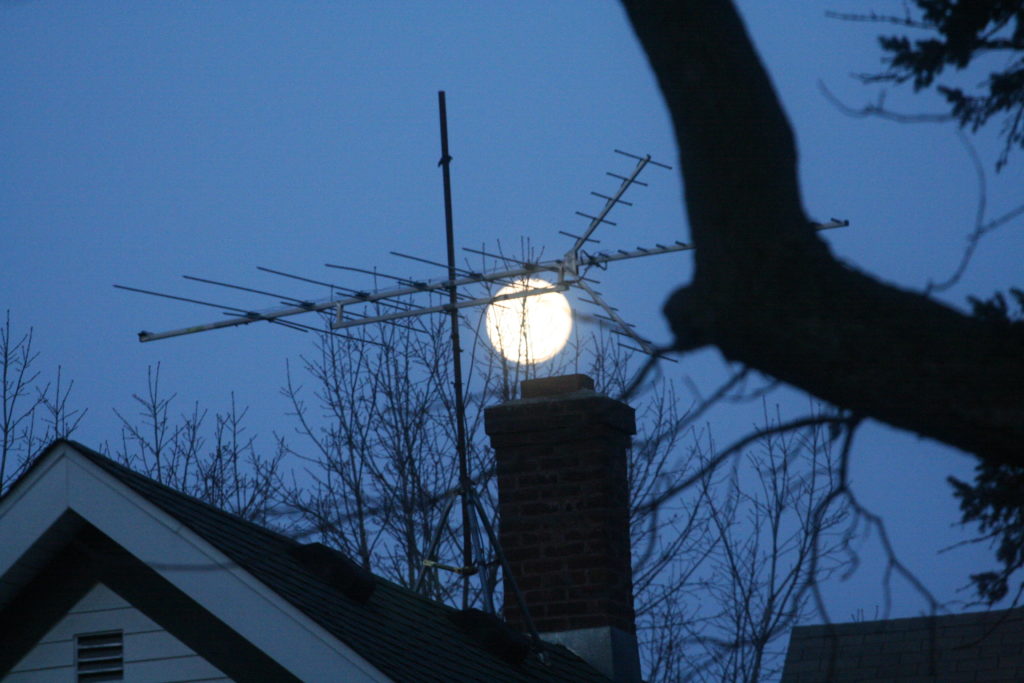
Sylvia Plath has been an important influence on my own work since I first began reading her poems when I was sixteen. I have in mind to write some more about how I stumbled over her body of work and how dazzling I found it in a later post. For now, a little about a specific poem. (For a wonderful essay on Plath by Kim Bridgford, visit the Women Poets Timeline Project at Mezzo Cammin.)
For so many years, Plath’s poem, “The Moon and the Yew Tree,” has remained with me, as powerful art will do. Written in 1961, “The Moon and the Yew Tree” was published that year in The New Yorker, and was one of seven poems published together in The New Yorker in the August 3, 1963 issue, about six months after her untimely death. I first read the poem in my treasured first edition copy of The Collected Poems: Sylvia Plath (Ted Hughes, editor; Harper and Row, NY, 1981).
“The Moon and the Yew Tree” begins with these lines:
This is the light of the mind, cold and planetary. The trees of the mind are black. The light is blue.
As I understand it, the surface imagery was inspired by the view of a tree in the churchyard neighboring her dream house-turned-prison in the English countryside in Devon, but most of the description draws deeply from Plath’s own inner terrains.
In the decades since my first encounter with this poem, I have also discovered a light-hearted but serious creative tool, “The Poet’s Tarot,” published by Two Sylvias Press. On the last day of March, I idly drew one card from the deck, the major arcana card XVIII dedicated to Plath. Not surprisingly, this card correllates with The Moon in more traditional tarot decks, and is an indicator of deep emotions and psycholgical constructs, powerful but often at least partly submerged from conscious awareness. In other words, the card most attuned to Plath’s way of working as a poet. And I can tell her seminal poem was at the very back of my mind when I arose this morning to a view of the moon through tree branches.


Context for the Poem, “Almost Morning”:
Well, this is an absolutely accurate description of the setting moon this morning, seen from an upstairs window at my house in Minnesota, though only I would have seen it that way. The look of the actual moon was inflected through memories of my long-gone Grand Aunt Isabel, my paternal grandfather’s youngest sister, whose mittens of white rabbit fur I inherited during my last year of high school. (They were very warm. Two years later, they were consumed with relish by my roommate’s yearling beagle whose name was Karma.) Isabel’s generation vied with each other over furs, I recall, something I half-understood but that also terrified me in some kind of inarticulate way. I think this poem was an attempt at articulating that complicated not-quite nostalgia.
(To receive my poem via email, send me word at winonapoet@gmail.com.)

Until tomorrow morning,
LESLIE

Hi Lynn,
Thank you! How lovely that we have connected online–maybe one day in person!
Leslie
Fabulous photo, thank you Leslie, for the visuals as well as your providing the context for your daily inspirations. I could go down my own rabbit hole following all the threads.
Lynn
Your descriptions are always some of my favorites, Leslie. So sensual and vivid, as in this poem. And now, I have a larger context for this poem and insight into Plath as well.
with your poem, the last stanza seems so very rich with sensual imagery and also, for me, was a great way to end this poem. It’s echoing in my imgination!